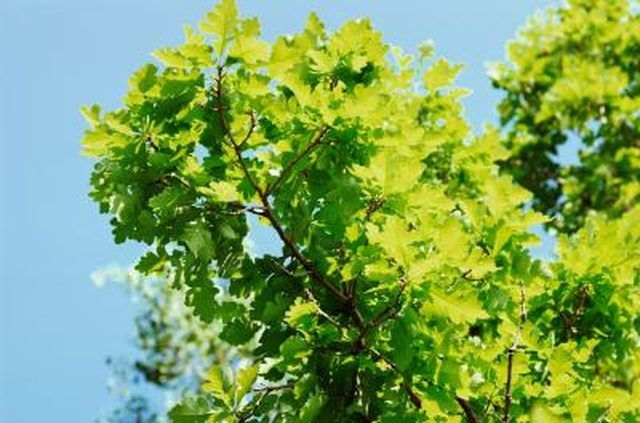Bulbs
Flower Basics
Flower Beds & Specialty Gardens
Flower Garden
Garden Furniture
Garden Gnomes
Garden Seeds
Garden Sheds
Garden Statues
Garden Tools & Supplies
Gardening Basics
Green & Organic
Groundcovers & Vines
Growing Annuals
Growing Basil
Growing Beans
Growing Berries
Growing Blueberries
Growing Cactus
Growing Corn
Growing Cotton
Growing Edibles
Growing Flowers
Growing Garlic
Growing Grapes
Growing Grass
Growing Herbs
Growing Jasmine
Growing Mint
Growing Mushrooms
Orchids
Growing Peanuts
Growing Perennials
Growing Plants
Growing Rosemary
Growing Roses
Growing Strawberries
Growing Sunflowers
Growing Thyme
Growing Tomatoes
Growing Tulips
Growing Vegetables
Herb Basics
Herb Garden
Indoor Growing
Landscaping Basics
Landscaping Patios
Landscaping Plants
Landscaping Shrubs
Landscaping Trees
Landscaping Walks & Pathways
Lawn Basics
Lawn Maintenance
Lawn Mowers
Lawn Ornaments
Lawn Planting
Lawn Tools
Outdoor Growing
Overall Landscape Planning
Pests, Weeds & Problems
Plant Basics
Rock Garden
Rose Garden
Shrubs
Soil
Specialty Gardens
Trees
Vegetable Garden
Yard Maintenance
Why Oak Trees Don't Produce Acorns Until They Are 50 Years Old
Why Oak Trees Don't Produce Acorns Until They Are 50 Years Old. Fifty years to start growing acorns seems like an immense amount of time. Pollination between the male and female flowers of the tree plays a role in how long it takes for the acorn fruit to begin blooming.

Fifty years to start growing acorns seems like an immense amount of time. Pollination between the male and female flowers of the tree plays a role in how long it takes for the acorn fruit to begin blooming.
Age
The majority of oak trees do indeed bloom acorns well before the age of 50. "Most species of oaks begin producing acorns at about 20 years old. Peak production occurs from about 50 to 80 years," reports the University of Tennessee Extension service. Oak trees younger than 50 are likely producing acorns, but perhaps not in especially noticeable numbers.
Health
Acorn production from an oak tree older than 80 tends to be minimal, and certain varieties of oak emit more acorns than others. Healthy oaks with majestic, prominent crowns that tower over other tree canopies will bloom more of the seed than weakened, unhealthy oaks. Sometimes extreme production one year will be followed by a season of nominal blooming as the oak regains its energy.
Location
Other factors may influence the amount of time that it takes for an oak to produce acorns. Trees that find themselves in crowded stands often begin production later in life as a result of increased competition for fertilization between flowers. And a 1993 study by the U.S. Forest Service found that oak trees in the central Appalachians produced bountiful acorn crops only once per decade.